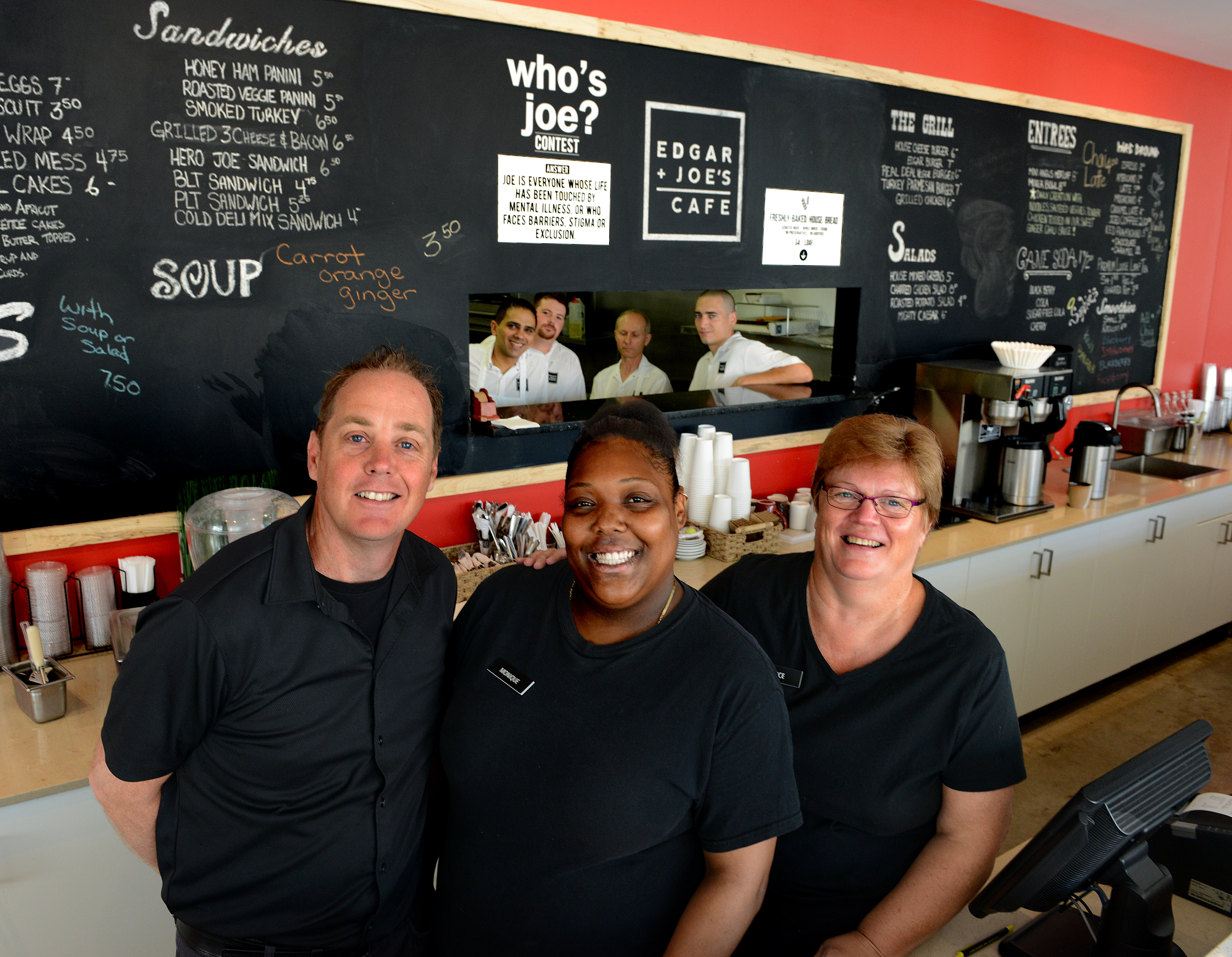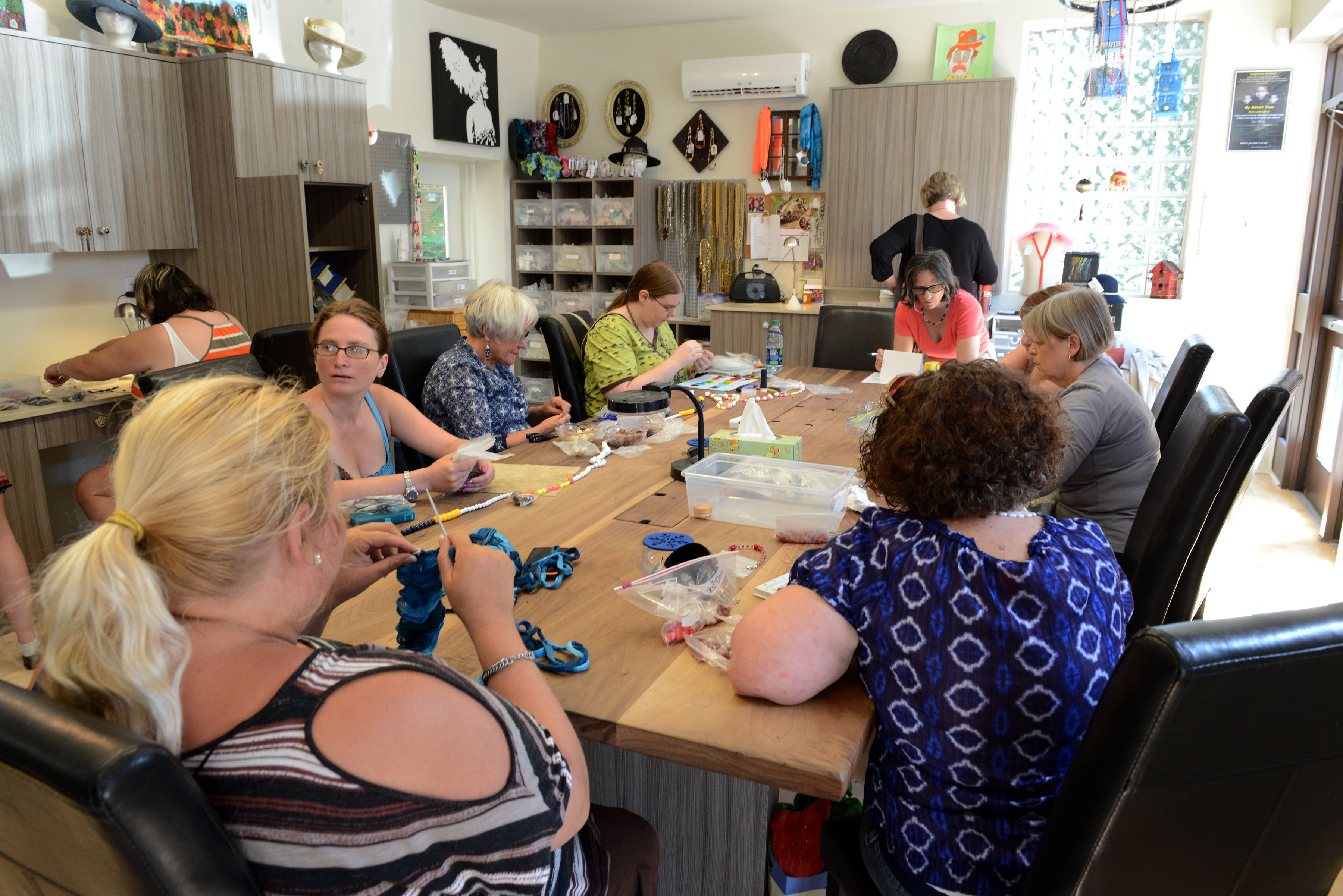Imagine a day when organizations whose primary mission is social impact — nonprofits, government agencies, and for-profit enterprises alike — use business plans as their road maps.

These business plans define organizational focus and strategy; establish rigorous methods of measuring impact; provide guidelines for making data-driven decisions and improvements; and aid in establishing reliable streams of financial and in-kind resources. As a result, they facilitate the rapid generation of successful and lasting solutions to a wide variety of social problems, including poverty, domestic violence, unequal access to health care, and the achievement gap in education.
The recent boom in the field of Social Entrepreneurship, a sector Pillar Nonprofit Network has been proud to support for the last 7 years, has begun to make the above vision a reality.
Education is critical to facilitating—and accelerating—the expansion and scaling of social impact. Demand is high for accessible education by practitioners across industries.
Pillar's Social Enterprise program emphasized a significant gap in current offerings, including both introductory-level entry as well as advanced and applied trainings for social enterprise development. Access to knowledge for all parts of the ecosystem is critical if the field is to scale. This is why we are partnering with entrepreneur champions:
- Fanshawe’s LEAP Junction
- London Economic Development Corporation
- RISE Asset Development
- TechAlliance
- Small Business Centre
- Western’s Propel

What social entrepreneurial initiatives have in common, and what business planning can help to apply, can be characterized by the following four principles:
- Identifying new opportunities within a particular social problem
- Developing innovations that lead to promising new approaches
- Demonstrating accountability by regularly measuring performance and impact
- Securing predictable revenue sources that achieve financial sustainability
 DID YOU KNOW?
DID YOU KNOW?
London is home to over 80 self-identified Social Enterprises in retail, arts, services and product businesses.
Whether you are encountering the term “social entrepreneur” for the first time or you are a veteran in the field, business planning is the essential tool for applying these principles to social problem solving. A good business planning process produces an in-depth understanding of a target social problem that results in identifying opportunities that exist to address it.
This process also articulates the innovations that will help to create promising new approaches. The final product, a complete business plan, demonstrates a commitment to accountability by including a rigorous measurement system for assessing and improving performance. It also includes a plan for achieving financial sustainability, which ties funding to results and helps to attract funders who seek to invest and re-invest in organizations that demonstrate a clear path to enduring social impact.
 The real value of creating a business plan is not in having the finished product in hand; rather, the value lies in the process of researching and thinking about your business in a systematic way. The act of planning helps you to think things through thoroughly, study and research if you are not sure of the facts, and look at your ideas critically. It takes time now, but avoids costly, perhaps disastrous, mistakes later.
The real value of creating a business plan is not in having the finished product in hand; rather, the value lies in the process of researching and thinking about your business in a systematic way. The act of planning helps you to think things through thoroughly, study and research if you are not sure of the facts, and look at your ideas critically. It takes time now, but avoids costly, perhaps disastrous, mistakes later.
Once your organization has decided that the business idea is sound, that the necessary major investment is worth making, and that it is the right fit with your organization, you will need to guide the implementation process with a serious and detailed plan. The business plan will identify how you will create your products or deliver your services, the skills you will need, the marketing channels you will use, and other technical issues such as pricing, governance, financing, and legal issues.
Example
Live Local Alberta. The Good Food Box evolved out of a discussion about how to meet the food security needs of low-income Edmontonians. The social enterprise now “facilitates the growth and distribution of locally grown and processed food by creating an on-line purchasing portal that matches suppliers of local, healthy food with people and institutions that wish to purchase local product”. Lessons? The development path isn’t linear – it’s more like a spiral. If you stick with it, you build on previous ideas and research and come out of it with a concept you hadn’t dreamed of – and one that’s more likely to succeed in the long term.

We work in direct partnership with our clients, leading them through a process of exploration to realize their aspirations. We believe that business planning is an essential tool for guiding organizational actions and acquiring resources for all types of organizations whose primary mission is social impact—nonprofits, government agencies, and for-profit enterprises alike—at any stage of development. With this in mind, we have prepared this Social Enterprise Acceleration Program to help you get support and mentorship for the following:
- The Problem and the Opportunity
- Mission
- Theory of change
- Your Solution - Products and Services
- The Team
- Context
- Scaling Strategy - Marketing and Operational Plans
- Measuring Results
- Risks & Mitigation Tactics
- Startup Expenses and Capitalization
- Financial Plan
Assumptions are going to be challenged. People’s pet ideas may be rejected. Your organization’s comfort zone may be pushed. Together, we will be stronger for it.
Have an idea for a social enterprise?
We can help.
- Free Social Enterprise Consultation: Contact Lore Wainwright at socialenterprise@pillarnonprofit.ca for more information
- Social Enterprise Business Planning workshop coming Fall 2016.
FUEL: Injecting Social Enterprises with Tools to Accelerate Success - Oct 24 & Nov 7
Sources:
Harvard Business School - Developing a Social Enterprise Business Plan - 2013
Enterprising Non-profits - The Canadian Social Enterprise Guide - Second Edition - 2010
Root Cause - Business Planning for Enduring Social Impact - 2008
